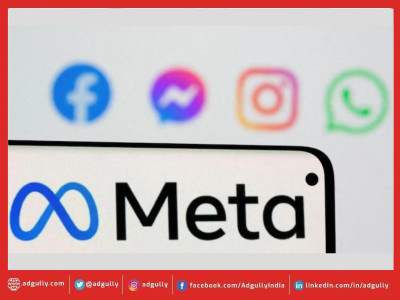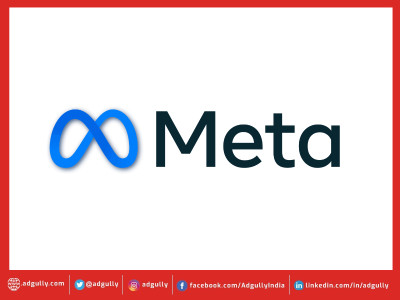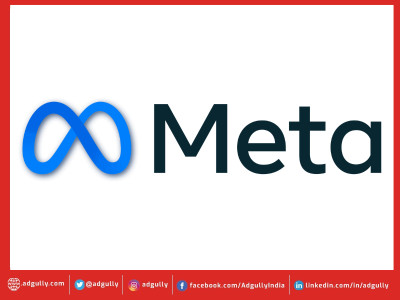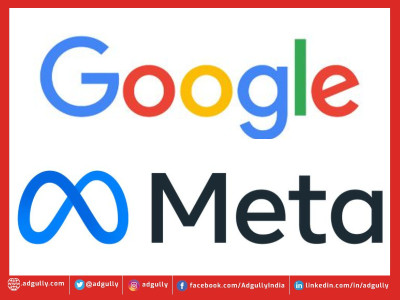Meta promotes ex-British MP Nick Clegg to key role saping its broader narrative
Meta has made a key announcement as part of its ongoing effort to better ingratiate itself with world leaders, and avoid potential legal challenges and restrictive regulation, with current Vice‑President for Global Affairs and Communications Nick Clegg promoted to a new role which will give him more responsibility for shaping the company’s outreach and communications in this respect.
As explained by Meta CEO Mark Zuckerberg: “I've asked Nick Clegg to take on a new position as President, Global Affairs. For the last three years, Nick has managed some of the most complex issues our company faces - including content policy, elections, the establishment of the Oversight Board, and more. Nick will now lead our company on all our policy matters, including how we interact with governments as they consider adopting new policies and regulations, as well as how we make the case publicly for our products and our work.”
As Zuckerberg notes, Clegg, who once served as the Deputy Prime Minister in the UK, has been Meta’s front man in explaining its position on various challenging elements. Clegg has become known for his long op-eds and blog posts, which seek to re-frame certain narratives. And while there’s an undeniable credibility to having such a high profile former politician as its spokeperson on such matters, there have also been questions about Meta’s approach, as it leans into politicization and spin, as part of its PR effort.
Indeed, a key concern in this respect is that by appointing a career politician (Clegg served as a British MP for 12 years), that then changes the motivations for Meta’s PR outreach and disclosure, because the motivations for a politician are very different to those normally adopted by a private company in this respect.
For a politician, all PR is about winning, about framing the opposition as negative, and diluting their points, while also highlighting the positives of your own policies and stances, generally in a totally biased and specifically angled way.
For Meta, that’s not necessarily a good thing, because that could then lead to it downplaying negative reports and insights, in order to ‘win’ by showcasing benefits, or at the least, watering down such criticism.
















Share
Facebook
YouTube
Tweet
Twitter
LinkedIn